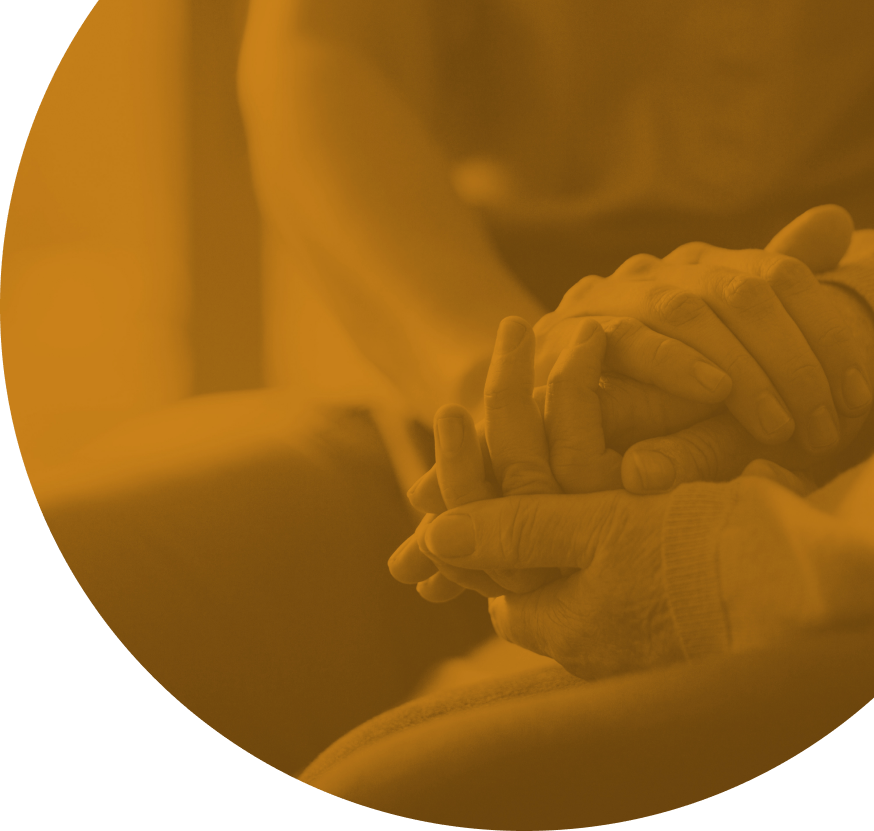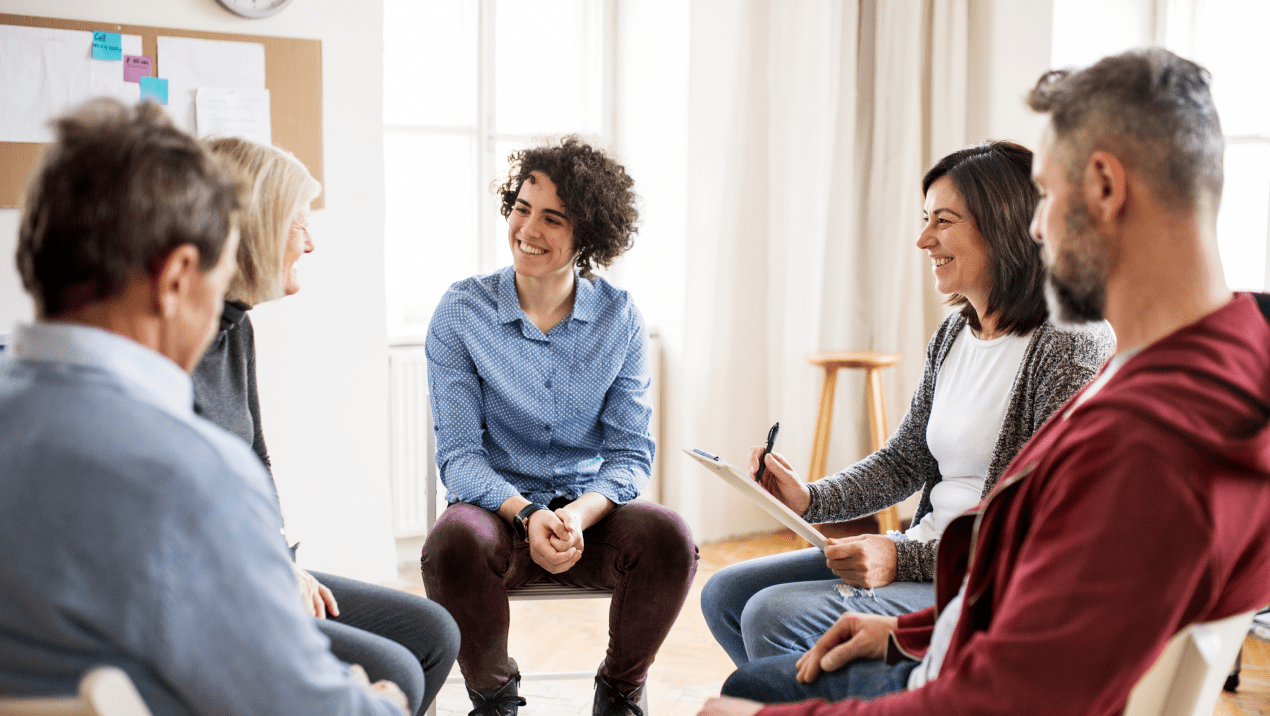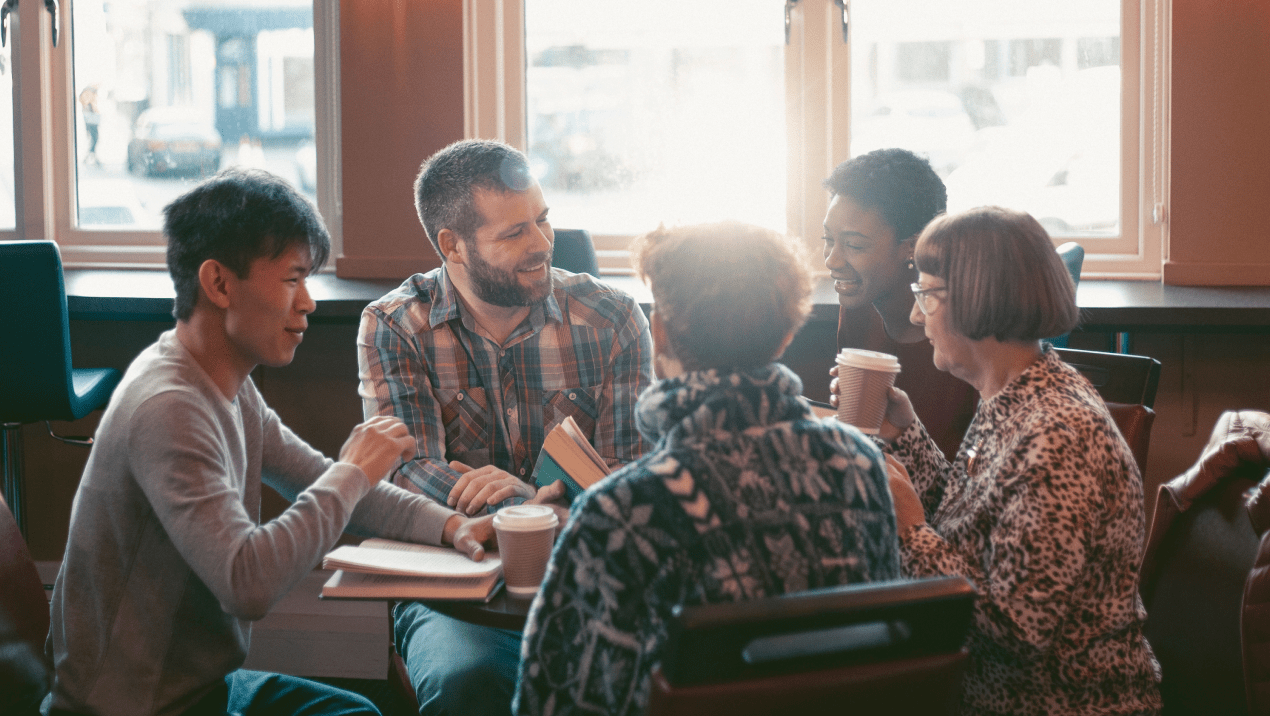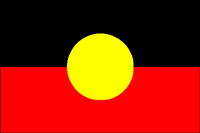Ways you can make a difference
Experiencing gambling or gambling harm from a family member or a friend can be hard. If you are impacted by someone else’s gambling we recommend you:
- Get support for yourself: make time and talk to someone you trust or one of our gambling counsellors.
- Read and investigate about gambling so you understand the issue.
- You may need to make some difficult decisions about your relationship with the person who is gambling. That might involve determining some boundaries financially or otherwise, putting some emotional or physical distance between you. Accessing relationship counselling or mediation may help with this.
4. Get help with your finances: in some cases, control of household income may need to be taken from the gambler to minimise the risk to the family. Free help is available through Care Financial Services.
5. Take action to manage your stress levels: your loved one may take some time to change. How much time is often outside of your control. It’s important to look after your wellbeing at this time too. See friends, look after your health, rest, eat a healthy diet and exercise regularly.
6. Remember that you are not to blame for another person’s gambling that is causing harm.
Remember that if you need help and advice, we offer free and confidential Services and Resources to support you.















